Above and Beyond Online
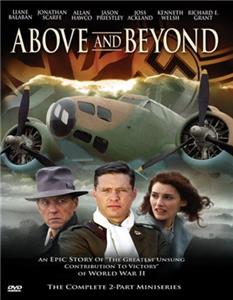
True Story about the Atlantic Ferry Operation during World War II.
| Series cast summary: | |||
| Peter MacNeill | - | Gen. Anderson 2 episodes, 2006 | |
| Robert Wisden | - | Pritchard 2 episodes, 2006 | |
| Jason Priestley | - | Sir Frederick Banting 2 episodes, 2006 | |
| Joss Ackland | - | Winston Churchill / - 2 episodes, 2006 | |
| R.J. Adams | - | Sarg 2 episodes, 2006 | |
| Liane Balaban | - | Shelagh Emberly 2 episodes, 2006 | |
| Mark Caven | - | Group Captain Martin 2 episodes, 2006 | |
| Robert Chafe | - | Tailor 2 episodes, 2006 | |
| Steve Cochrane | - | Harrison 2 episodes, 2006 | |
| Mika Collins | - | Vanessa 2 episodes, 2006 | |
| Robert Latimer Cornell | - | Crowley 2 episodes, 2006 | |
| Mark Critch | - | Pittman 2 episodes, 2006 | |
| Sean Wayne Doyle | - | Rider 2 episodes, 2006 | |
| Darryl Flatman | - | Jeffers 2 episodes, 2006 | |
| Richard E. Grant | - | Don Bennett 2 episodes, 2006 | |
| Allan Hawco | - | Nathan Burgess 2 episodes, 2006 | |
| Brad Hodder | - | Worchuk 2 episodes, 2006 | |
| Mike Kiss | - | Dales 2 episodes, 2006 | |
| Sonia Laplante | - | Liz 2 episodes, 2006 | |
| Leah Lewis | - | Rosie Burgess 2 episodes, 2006 | |
| Mary Lewis | - | Sheila 2 episodes, 2006 | |
| Natalie Lisinska | - | Miss Bogston 2 episodes, 2006 | |
| James Mainprize | - | First Lord 2 episodes, 2006 | |
| Roger Maunder | - | Cowboy 2 episodes, 2006 | |
| Peter Messaline | - | Archibald 'Archie' Sinclair 2 episodes, 2006 | |
| Jonathan Montes | - | Jazz Waiter 2 episodes, 2006 | |
| Tony Munch | - | Joe Mackey 2 episodes, 2006 | |
| Michael C. Newsome | - | BBC Radio Announcer 2 episodes, 2006 | |
| Mark O'Brien | - | Drake 2 episodes, 2006 | |
| Allissa Ourakova | - | Dancer 2 episodes, 2006 | |
| Anthony Paton | - | Minister 2 episodes, 2006 | |
| Jonathan Scarfe | - | Bill Jacobson 2 episodes, 2006 | |
| Tom Smart | - | Radioman 2 episodes, 2006 | |
| Pete Soucy | - | Sadler 2 episodes, 2006 | |
| Austin Strugnell | - | Duffy 2 episodes, 2006 | |
| Kenneth Welsh | - | Lord Beaverbrook 2 episodes, 2006 | |
The closing epilogue of this TV mini-series states: "Bennett's team became the heart of the R.A.F. Ferry Command. With their American allies they delivered over 25,000 aircraft from Newfoundland, changing the course of the war. More than 500 men and women died flying for Ferry Command. Captain Don Bennett went onto found and lead the Pathfinders, an elite group of pilots who led Allied bombers to their targets in Nazi Germany."
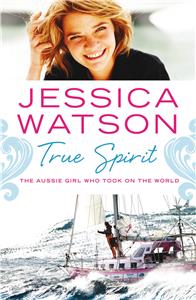
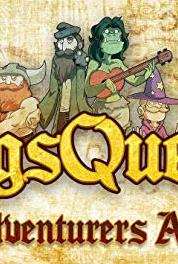
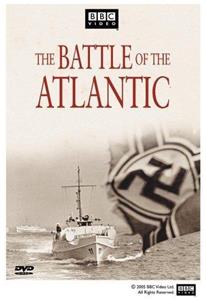

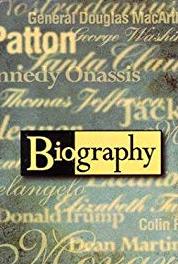
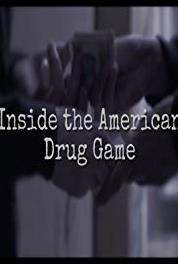
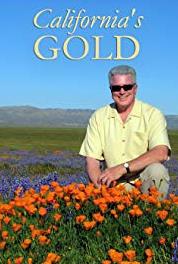
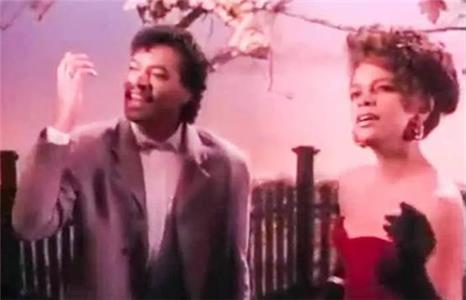

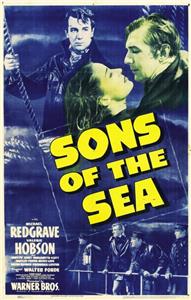
User reviews